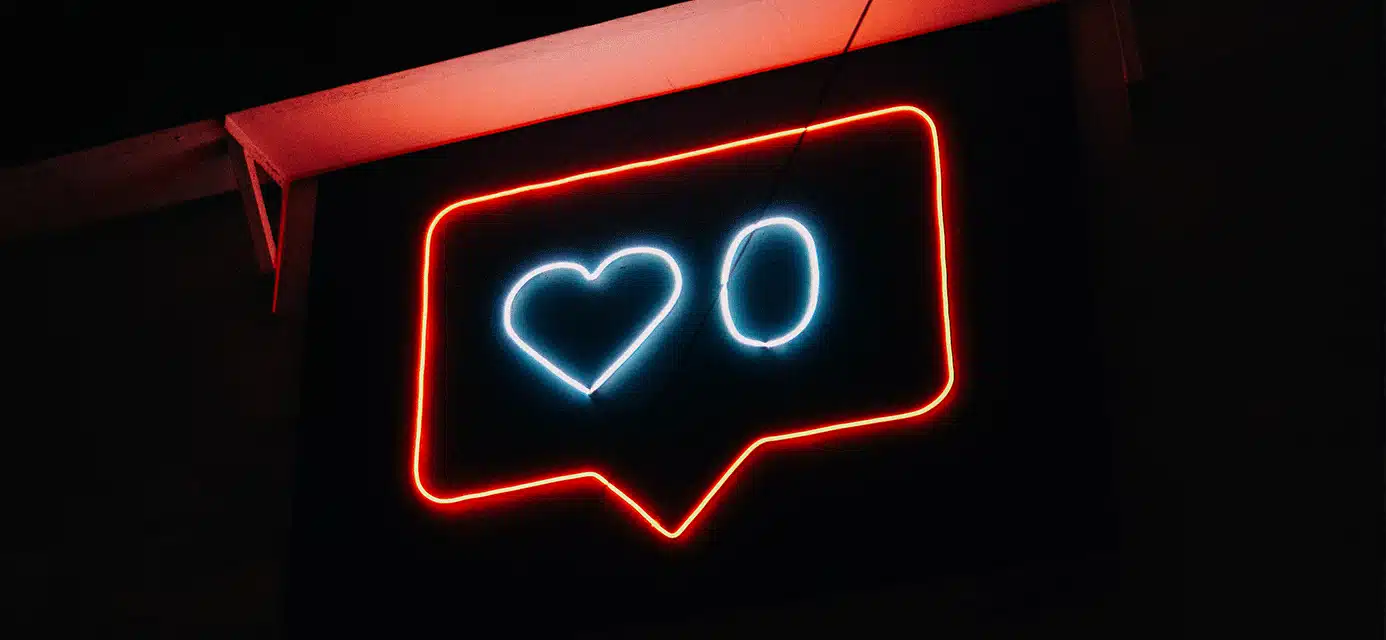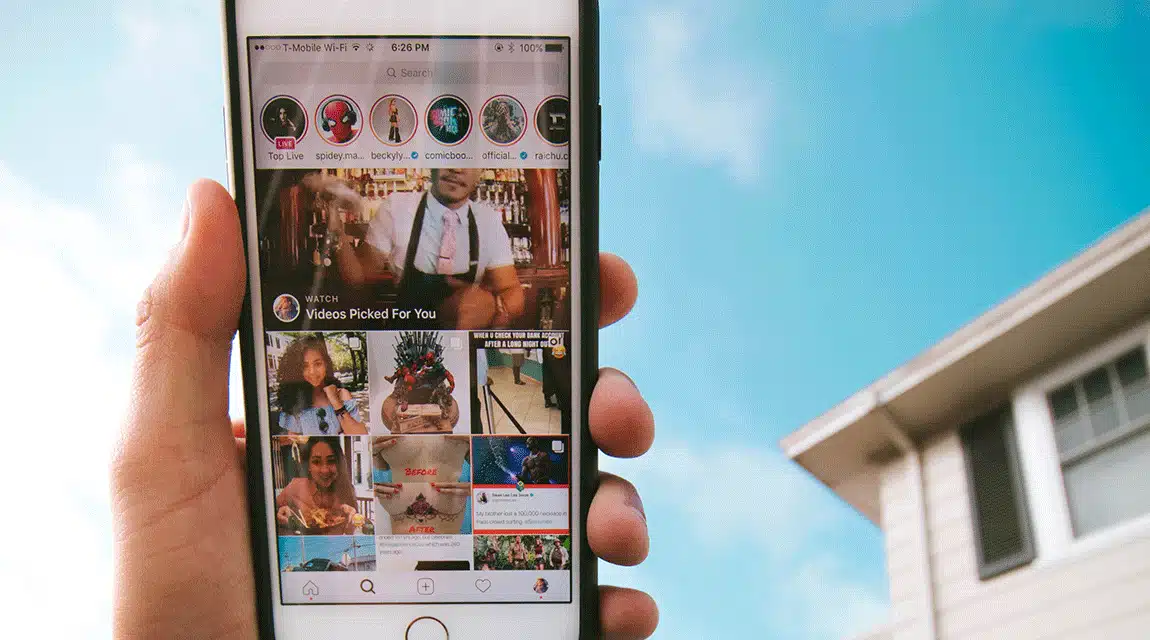Social media can sometimes be a force for good, connecting teenagers who feel isolated or marginalized. However, a growing body of research highlights the negative psychological effects of social media on adolescents.
Among other factors, the cyberbullying, social comparison, and sleep deprivation associated with social media use wreaks havoc on teen body image, self-esteem, and mental health. And girls appear to be at greater risk than male teens.
Depression, Anxiety, and Social Media
This study is the latest contribution to a growing body of research revealing the troubling psychological effects of social media on adolescents. Smartphone use increased rapidly beginning around 2010, and surveys of adolescents show that teen depressive symptoms and suicide rates also increased beginning around this time, especially among females. Researchers theorize that the rising rates of teen depression and anxiety may be driven in part by the effects of social media in particular and technology use in general.
For example, a 2018 study compared the mental health of 14- to 17-year-olds who used social media seven hours per day to that of teens who interacted with it for only about an hour a day. The frequent users were more than twice as likely to have been diagnosed with depression, been treated by a mental health professional, or taken medication for a psychological or behavioral issue during the 12 months preceding the study.
Furthermore, a CNN study of social media use among 13-year-olds found that participants who checked Facebook or other networking sites between 50 and 100 times a day were 37 percent more distressed than those who checked just a few times a day.
Are Social Media ‘Friends’ Real Friends?
For teens, the approval of peers is incredibly important. Friendships have enormous significance during adolescence. Therefore, the psychological effects of social media on teens result in large part from their interactions with other teenagers.
Not all of those effects are bad. According to a 2018 Pew Research Center report that surveyed 743 teens, 81 percent of teens ages 13 to 17 say social media makes them feel more connected to what’s going on in their friends’ lives. Moreover, 66 percent of those teens reported that social media connections make them feel as if they have people who will support them during difficult times.
However, the survey showed a gap between real friends vs. “fake friends”—social media connections who teens didn’t really spend time with in real life. In fact, only 24 percent spent time with their online friends in person, outside of school. Furthermore, more than half of teens had unfriended a social media connection as a result of cyberbullying. And close to half reported that they often felt overwhelmed by the drama on social media.
How Cyberbullying Impacts Teen Mental Health
Growing awareness of cyberbullying over the past decade has led to increased research on the psychological effects of social media. A review study looked at scientific literature on the link between social media and teen mental health. Researchers concluded that cyberbullying effects on adolescents include increases in the following symptoms:
- Depressive affect
- Anxiety
- Loneliness
- Suicidal behavior
- Physical issues, such as stomachaches and headaches.
In addition, the review found that teens who commit acts of cyberbullying also suffer. Perpetrators are more likely to report substance use, aggression, and delinquent behaviors.
Social Media, Stress, and Sleep Deprivation
The psychological effects of social media indirectly include the impact of sleep deprivation. That’s because teens stay up late looking at social media. Moreover, the technology itself keeps teens awake. The artificial blue light given off by smartphones activates arousing neurons in the brain that disrupt the body’s ability to produce melatonin, a sleep-inducing hormone.
The resulting sleep deprivation increases teens’ physical and psychological stress. In fact, an ongoing lack of sleep over time can increase the likelihood of teen depression, substance abuse, and risk-taking behavior, while reducing emotional-regulation skills.
In summary, the psychological effects of social media threaten adolescent well-being at multiple levels. But there’s one difficult yet simple way to counteract these dangers: Put down the phone. Here’s how teens and the family can take a digital detox.
Sources:
Lancet. 2019 Oct;3(10):685–696.
Adolesc Health, Med and Therap. 2014 Aug;5:143–58.
Psychiatr Danub. 2012 Mar;24(1):90-3.
Prev Med Rep. 2018 Oct 18;12:271-283.








